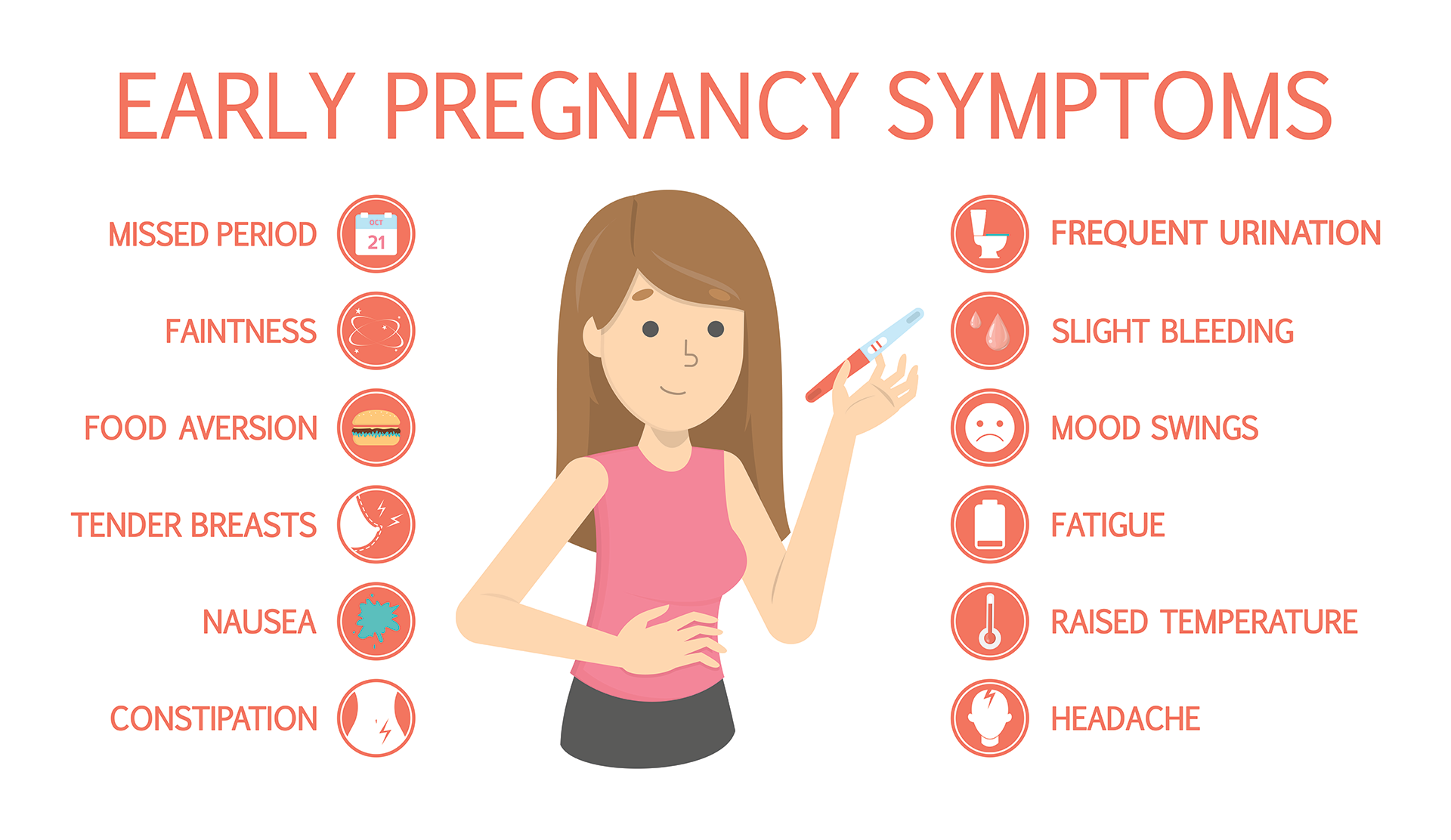
Ovulation Pregnancy Symptoms: A Comprehensive Guide
Introduction
Ovulation is the process by which a mature egg is released from one of the ovaries. This typically occurs once a month, around 14 days before the start of menstruation. Pregnancy can occur if the released egg is fertilized by sperm.
While ovulation is not a symptom of pregnancy, certain physical changes that occur during ovulation can be similar to early pregnancy symptoms. This can make it challenging to determine if you are ovulating or pregnant.
Ovulation Symptoms
The most common ovulation symptom is mittelschmerz, which is a sharp pain or twinge in the lower abdomen. This pain typically occurs on one side of the body and lasts for a few hours or days.
Other ovulation symptoms may include:
- Changes in cervical mucus: Cervical mucus becomes thinner and more slippery during ovulation to facilitate sperm movement.
- Breast tenderness: Breasts may become tender or swollen due to hormonal changes.
- Increased libido: Some women experience an increased sex drive during ovulation.
- Ovulation bleeding: Some women experience light spotting or bleeding around the time of ovulation.
- Basal body temperature (BBT) rise: BBT is the temperature of the body at rest. It typically rises slightly after ovulation due to the release of progesterone.
Pregnancy Symptoms
Early pregnancy symptoms can be similar to ovulation symptoms, including:
- Breast tenderness: Breasts may become tender or swollen due to hormonal changes.
- Fatigue: Pregnancy can cause fatigue due to increased hormone levels and blood volume.
- Nausea: Nausea, also known as morning sickness, is a common pregnancy symptom that can start as early as a few weeks after conception.
- Frequent urination: The need to urinate more frequently can be a sign of pregnancy due to the increased production of urine.
- Missed period: A missed period is one of the most common and reliable signs of pregnancy.
Distinguishing Between Ovulation and Pregnancy Symptoms
It can be difficult to distinguish between ovulation and pregnancy symptoms, especially in the early stages. However, there are a few key differences that can help you determine which is more likely:
- Timing: Ovulation symptoms typically occur around 14 days before the start of menstruation, while pregnancy symptoms usually start a few weeks after conception.
- Duration: Ovulation symptoms typically last for a few hours or days, while pregnancy symptoms may persist for several weeks or months.
- Intensity: Ovulation symptoms are typically mild, while pregnancy symptoms can be more intense.
- Other symptoms: Pregnancy symptoms may include nausea, fatigue, and frequent urination, which are not typically associated with ovulation.
When to See a Doctor
If you are unsure whether you are ovulating or pregnant, it is important to see a doctor. A doctor can perform a physical exam, order blood tests, and perform an ultrasound to confirm pregnancy.
Conclusion
Ovulation and pregnancy symptoms can be similar, making it challenging to determine which is more likely. However, by paying attention to the timing, duration, intensity, and other associated symptoms, you can increase your chances of distinguishing between the two. If you are unsure, it is always best to consult with a doctor for a definitive diagnosis.